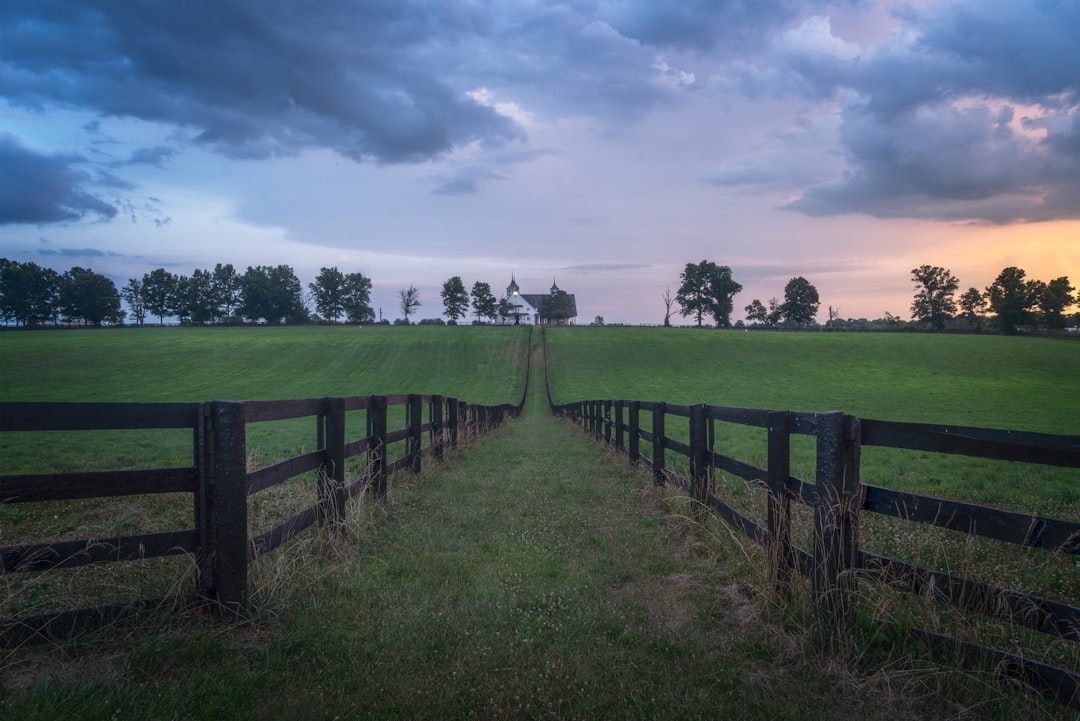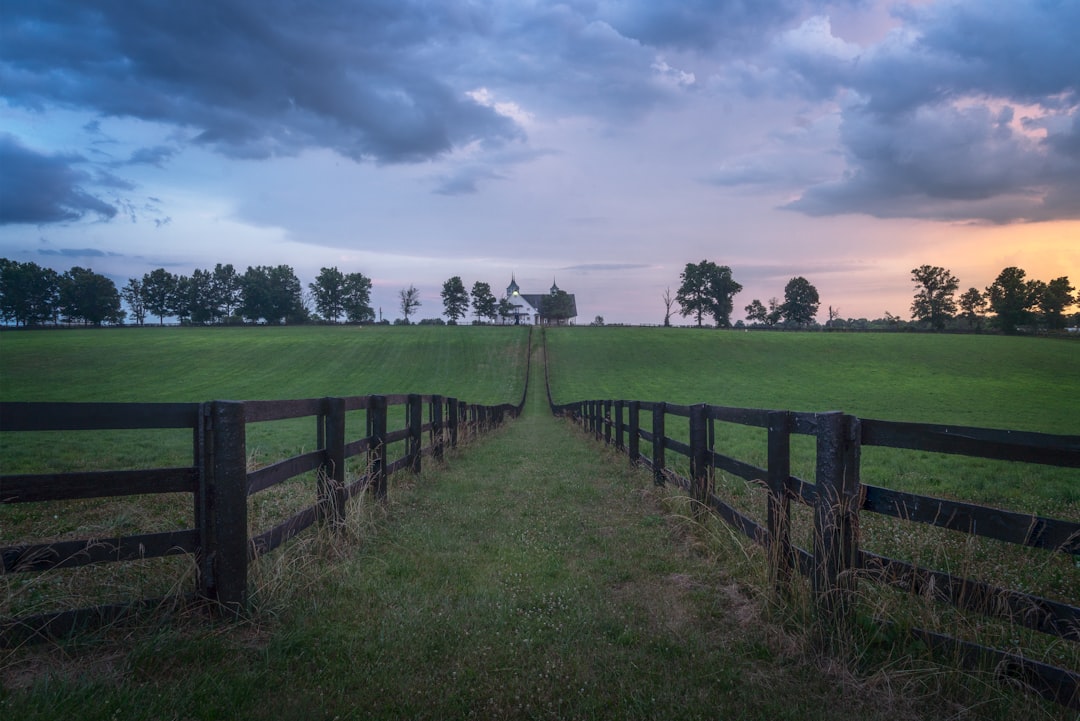Kentucky's No Call Laws protect residents from unwanted phone calls, especially robocalls, through the Attorney General's Office enforcement. Citizens can register on the state's Do Not Call list and use call-blocking features to combat telemarketers. The laws restrict automated marketing calls without consent, empowering Owensboro residents to safeguard privacy with informed use of these regulations and anti-robocall technology.
“Owensboro residents are facing a persistent problem with robocalls, a growing concern in the region. This article delves into Kentucky’s robust No Call Laws designed to protect citizens from unwanted phone solicitations and telemarketing calls. We explore how these laws work and what actions residents can take against robocalls. From understanding legal recourse to practical tips on stopping unwanted calls, this guide equips you with the knowledge to navigate Kentucky’s fight against intrusive No Call Laws.”
Understanding Kentucky's No Call Laws

In Kentucky, there are strict No Call Laws in place to protect residents from unwanted phone calls, primarily from telemarketers and robocallers. These laws give citizens the right to rest easy knowing that they can block most unsolicited commercial calls. The Kentucky Attorney General’s Office plays a crucial role in enforcing these regulations, ensuring that businesses adhere to ethical calling practices.
Under Kentucky law, it is illegal for companies to make automated or prerecorded calls to individuals who have registered their phone numbers on the state’s Do Not Call list. Residents can easily sign up for this list by registering through the Attorney General’s website or by submitting a form via mail or email. This proactive measure empowers Owensboro residents to take control of their communication preferences and significantly reduce the volume of robocalls they receive.
Robocalls: A Growing Concern in Owensboro

Robocalls have become a growing concern for residents in Owensboro, Kentucky, much like many other cities across the nation. With advancements in technology, automated phone systems are increasingly being used to make mass calls, often with pre-recorded messages, targeting potential customers or voters. While some robocalls promote legitimate services or political campaigns, others are associated with telemarketing scams, fraud, and privacy invasions.
In Kentucky, No Call Laws have been implemented to protect residents from unwanted calls, especially those promoting goods, services, or political candidates. These laws restrict the number of automated calls residents may receive, particularly during certain hours, and require companies to obtain prior consent before dialing. Owensboro residents are advised to familiarize themselves with these regulations to ensure their rights are protected and to stay informed about ways to block or report suspicious robocalls.
Protecting Residents: Legal Recourse

In the ongoing battle against robocalls, Kentucky has implemented No Call Laws to protect its residents from unwanted and unsolicited phone calls. These laws offer a sense of relief for Owensboro citizens facing persistent spam calls, providing them with legal recourse against call centers and telemarketers who refuse to adhere to ethical practices.
Under the No Call Laws, businesses are prohibited from making automated or prerecorded calls to Kentucky residents without their prior consent. Residents can register their phone numbers on the Do Not Call list, ensuring they receive fewer marketing calls. If a resident feels their privacy rights have been violated, they can file a complaint with the Kentucky Attorney General’s Office, which takes such matters seriously and works to enforce these laws, holding offenders accountable for each violation.
How to Stop Unwanted Calls

Unwanted robocalls can be a persistent nuisance, but Owensboro residents have rights and resources available to combat this issue. One effective step is to register your phone number on Kentucky’s No Call Registry. This state-managed list restricts most telemarketing calls from reaching your phone line. The process is straightforward; you can sign up online or by mail, ensuring your number is added to the registry.
Additionally, many telephone service providers offer call-blocking features as part of their plans, allowing you to filter out specific types of calls, including robocalls. Reviewing and adjusting privacy settings on your phone and social media accounts can also help limit the volume of unsolicited calls received. Remember, staying informed about Kentucky’s No Call Laws is a proactive step towards a quieter, more peaceful communication environment.
The Future of Anti-Robocall Measures

As technology evolves, so do the tactics of scammers and robocallers. In response, Kentucky has implemented robust No Call Laws to protect residents from unwanted calls. However, the future of anti-robocall measures will likely involve more sophisticated tools and strategies. Machine learning algorithms can now identify patterns in robocalls, allowing for quicker blocking and filtering. Additionally, dynamic number blocking, which temporarily prevents numbers known to make spam calls from reaching your phone, is gaining traction.
These advancements are crucial as robocallers continually find new ways to bypass existing laws. Kentucky’s commitment to staying ahead of these trends by supporting research and development in anti-robocall technology ensures that residents remain protected. With continuous innovation, the state aims to make robocalls a relic of the past, providing a safer and more peaceful digital environment for its citizens.






